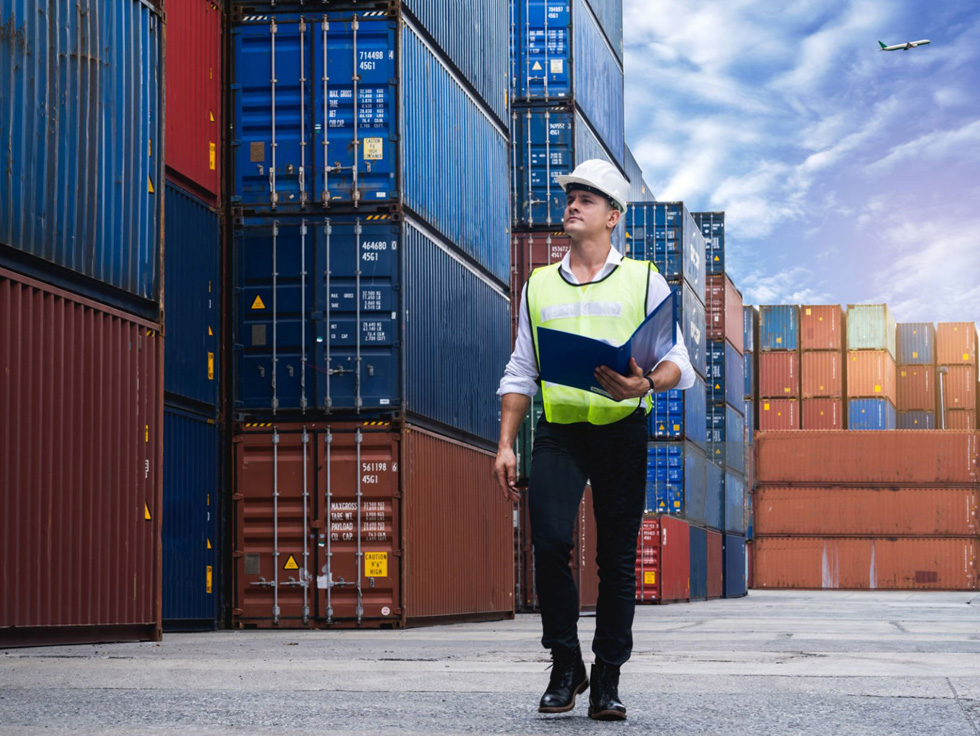Haven’t found what you’re looking for?
Frequently asked questions
A Customs Number is a unique number that identifies individual importers and exporters and is required as part of the import process for shipments valued at NZ$1000 or more.
A CO2 account (in the CCS – Clean Car Standard system) is used to record emission ratings of importers’ vehicles to comply with the Clean Car Standard.
The CO2 account number needs to be entered against every vehicle. Without this information, vehicles will not be able to complete entry to New Zealand and be registered.
The account number lets importers view and manage their imported vehicles. You’ll need different CO2 accounts for new and used vehicles.
It is a minimum rate (weight/measurement). With the use of the formula for calculation of sea freight, the higher value (quantity of tons or cubic metres) is selected and multiplied by the specified freight rate. If the calculated freight is lower than the minimum rate, the minimum rate is to be adopted (weight/ measurement).
Generally, yes, and it’s worth investigating this as it can reduce costs and avoid double up of charges from shipments from the same origins.
Every Origin will have different export clearance regulations that may limit your ability to consolidate sometimes, however in many cases this is achievable.
Please get in touch with Jacanna to see how we can reduce your costs going forward.
3PL stands for Third-Party Logistics. It refers to a business arrangement where companies outsource their logistics and supply chain management functions to third-party providers. These third-party logistics providers offer a range of services, including transportation, warehousing, distribution, order fulfillment, and other logistics-related activities.
Companies often choose to work with 3PL providers to leverage their expertise, infrastructure, and technology, allowing the businesses to focus on their core competencies. 3PL providers can help optimize supply chain operations, reduce costs, and improve overall efficiency.
Some common services offered by 3PL providers include:
1. Transportation Services: Managing the movement of goods via various modes of transportation, such as trucking, air freight, rail, and ocean freight.
2. Warehousing and Distribution: Providing storage facilities, order picking, packing, and distribution services.
3. Inventory Management: Monitoring and controlling inventory levels to ensure optimal stock levels and prevent stockouts or overstocks.
4. Order Fulfillment: Processing and fulfilling customer orders, including packing and shipping.
5. Supply Chain Consulting: Offering expertise and advice on improving supply chain processes and efficiency.
By outsourcing these functions to 3PL providers, companies can often benefit from cost savings, improved flexibility, and access to advanced logistics technologies.
Yes, when importing goods into Australia, you may be required to pay Goods and Services Tax (GST). GST is a consumption tax, and in Australia, it is currently set at 10%. The GST is generally applied to the customs value of the goods, which includes the cost of the goods, shipping, and insurance.
In addition to GST, you might also be subject to other duties and taxes, such as Customs duties and/or Excise duties, depending on the nature of the goods you are importing.
It’s crucial to consider that specific rules and exemptions may apply, and the Australian Border Force can provide the most accurate and up-to-date information.




